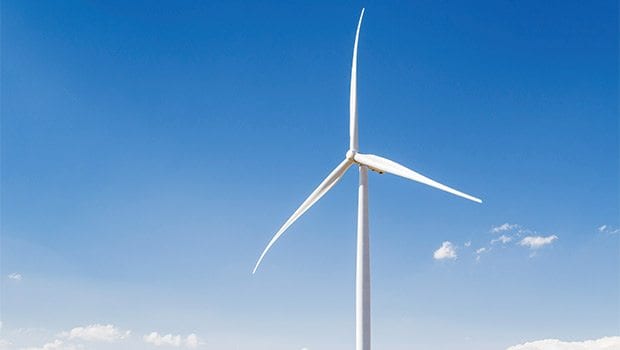
Sustainable businesses are no longer just a fad. Time has now shown that beyond the obvious contribution toward a more sustainable environment there are real business benefits for companies of all sizes that infuse sustainable strategies into business operations.
Consider this: The Natural Marketing Institute has found that 58 percent of consumers in a recent survey consider a company’s impact on the environment when deciding to buy products and services and are more likely to buy from businesses that have sustainable practices in place. Many other pundits say sustainability efforts lead to improved brand awareness.
Sustainable business practices also have shown to increase productivity and reduce cost; increase the ability to comply with regulation; attract employees and investors; reduce waste; and satisfy shareholders.
While sustainability takes time and money — things which most small businesses don’t have in abundance — the positives outweigh the negatives and is quickly becoming another business necessity.
To get started, there are some key practices that can put a small business on the path to sustainability success.
Green Power and Renewable Energy
Renewable energy comes in the form of energy supplied from sources such as wind, solar, geothermal, hydro and biomass. This kind of green power can come from an onsite installation but also can be purchased directly from utilities companies. Many states have programs with incentives to help offset the cost of purchasing green energy.

Author: Photo: Courtesy Dell ComputersUsing energy-efficient computers is another way for small businesses to improve sustainability.
Waste
While it seems common sense, businesses still need to fully embrace the idea that the best way to reduce waste output is to generate less of it to begin with. Reducing waste saves money on removal costs and also cuts cost on raw materials, office supplies and equipment. But overall addressing waste as a business sustainability strategy focuses on three areas: waste reduction, waste reuse and recycling.
Air Pollution Prevention
Energy-efficient technology from air purifiers to computers to lights can help reduce emissions because they add to the overall reduction of power plant energy needed. There are hundreds of Energy Star qualified products that can help any small business contribute in this way.

Author: Photo: Courtesy of RheemUsing tankless water heaters for areas that don’t get constant water usage is another way to improve water conservation at businesses.
Water Conservation
More efficient water use practices can save energy because electricity and gas are used to heat it. Also, water companies expand energy to purify and pump water to businesses and treat sewage that comes out. Some tips to improve water conservation include: install water-efficient appliances and controls that turn faucets off automatically; repair leaking pipes, fixtures and seals; and install energy-efficient water heaters or use “tankless” water heaters in areas of infrequent use.

Author: Photo: Courtesy of GEEnergy efficient lights are a great way to reduce energy consumption. These lights from GE, for example, will reduce power consumption by almost 40 percent.
Green Building Design
Energy-efficient design for new construction or remodeling seeks to utilize energy efficient equipment and make the most out of natural energy sources. Years of improvements in such building and design have made it so that companies can increase comfort and reduce energy costs and greenhouse gas pollution. The U.S. Office of Energy Efficient & Renewable Energy has guidelines to help businesses improve energy efficiency: http://energy.gov/eere/buildings/commercial-buildings-integration.
Paper Usage
Cutting back on paper usage is not exactly a cutting-edge practice anymore but the fact remains that paper manufacturers consume a significant amount of energy each year in making paper. Each company can do its part by reducing its usage. Some easy ways to do so: print and copy on double-sided paper; distribute documents digitally as much as possible; use paper with high recycled content; and recycle as much of the paper used as possible.






